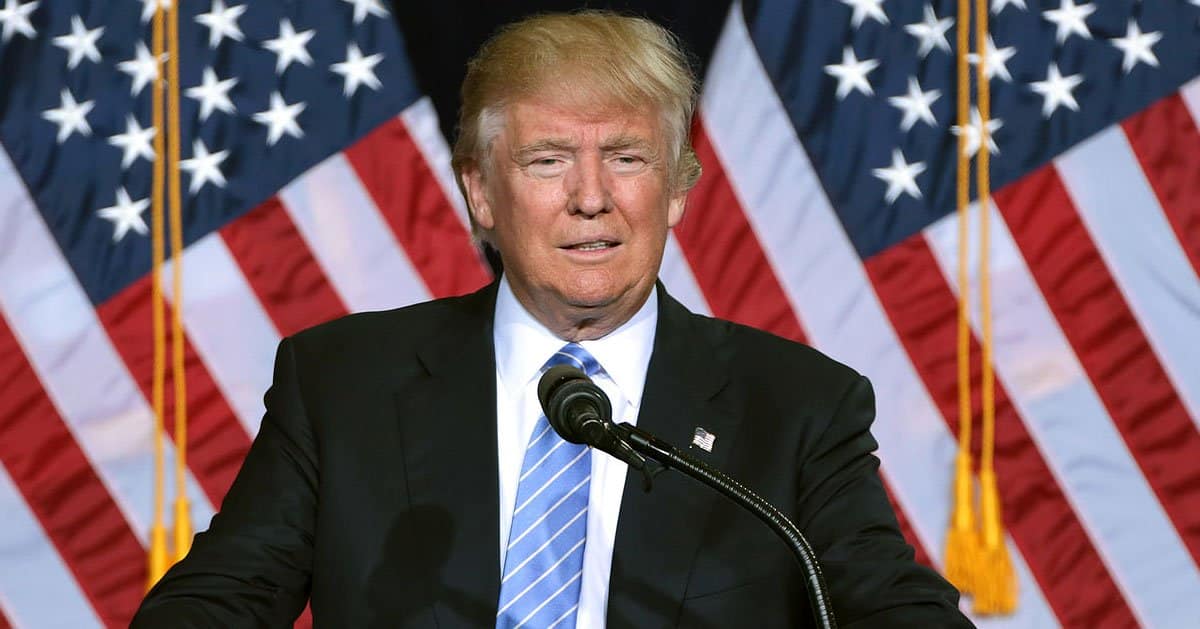







The Department of Government Efficiency has annulled government contracts worth hundreds of millions, a significant step in cutting federal expenditures.
Breitbart reported that Elon Musk's role in canceling over 100 "wasteful" contracts has led to notable fiscal savings but also sparked protests amidst Tesla's business challenges.
Musk, in cooperation with the Trump administration, is spearheading initiatives to reduce governmental expenditure by nullifying contracts.
As the head of the Department of Government Efficiency (DOGE), Musk recently announced that over 100 government agreements have been terminated, accruing savings of $420 million. These actions align with the broader financial efficiency efforts of the Trump administration.
The cancellation affected contracts with a total ceiling value estimated at $1.1 billion. Among these were a $3.1 million contract for website development services for the Department of Energy and a $2.7 million contract for marketing consultation for the Department of Commerce. These projects were evaluated and deemed redundant, making them the focal points of the recent fiscal redirection.
Meanwhile, Musk's focus on government roles has coincided with troubling times for Tesla. Globally, Tesla has reported a downturn in sales, with the brand experiencing its steepest stock slump since 2022.
The first quarter of 2025 presented Tesla with significant drops in market performance, raising concerns among investors and stakeholders alike.
The financial recalibrations have not gone unnoticed by the public, sparking protests primarily led by far-left activist groups.
These groups have vocalized their dissent by organizing demonstrations and convincing others to stage attacks on Tesla dealerships. The unrest coincides with the turbulence faced by Tesla in sales and the stock market.
In response to these activities, federally mandated actions have been executed. A key development in this area was the federal indictment announced by Attorney General Pam Bondi, targeting an individual responsible for an aggressive incident at a Tesla dealership.
Bondi's assertive stance on the legal repercussions highlights the administrative commitment to curbing unlawful violence amidst protests.
Despite the challenging climate, Musk, in his capacity with DOGE, has remained focused on scrutinizing governmental contracts.
The department's perspective labels the affected projects as "wasteful," a move aimed at maximizing efficient use of government funds. The annulment aligns with the ongoing campaign under the Trump era to shrink fiscal largesse in federal budgeting.
This directive by Musk and DOGE comes as part of a phased approach to restructuring government financial management. Evaluating contract necessity has become a central pillar in assessing federal expenditure, seeking value over extravagance. The decision reiterates Musk's staunch belief in fiscal responsibility.
Reactions to these financial measures have been varied, with some praising the focus on efficiency and others raising concerns regarding impacts on jobs and local economies. These strategic cancellations present far-reaching implications for contractors previously engaged in these agreements.
The approach of Musk and DOGE outlines a stringent view of governmental responsibilities and underscores the significant challenge of balancing fiscal prudence with economic growth. This pivot emphasizes a commitment to reducing apparent financial excesses within government structures.
Looking forward, Musk's involvement in governmental roles may continue to impact his entrepreneurial ventures. As policies evolve, the intersection of government efficiency efforts and corporate stability will remain of significant interest, signifying broader implications for the business and political landscape.



